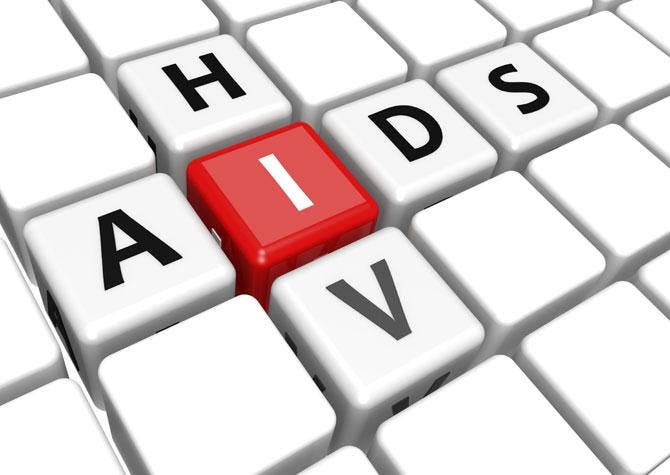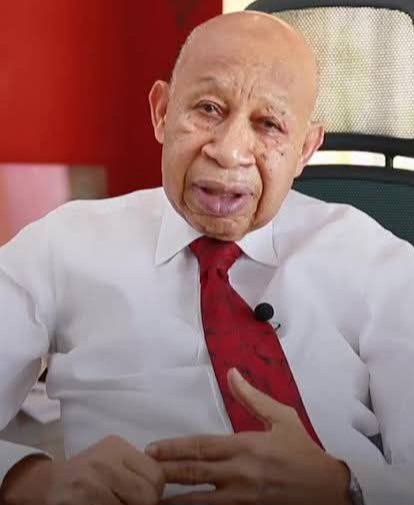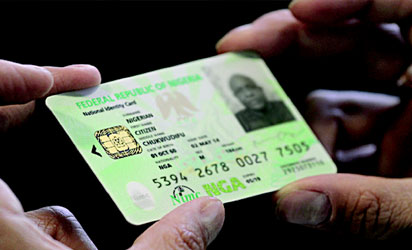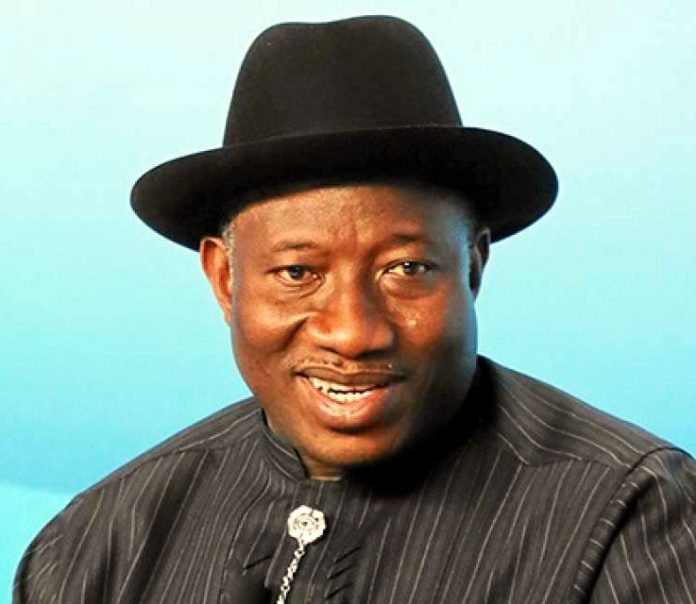US Suspends J& J Vaccine Over Blood Clots
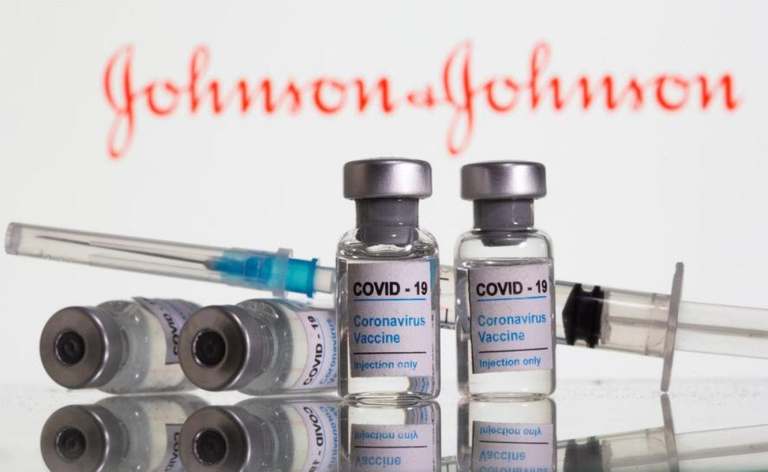
Less than a week after Europe’s drugs regulators admitted that there is an extremely rare chance of fatal blood clots occurring in persons who receive the AstraZeneca COVD-19 vaccine, US health agencies have suspended the use of the Johnson & Johnson, J&J, single-dose COVID-19 vaccine following the development of a similar rare disorder involving blood clots among recipients.
In a joint statement, the US Centres for Disease Control and Prevention, CDC, and the Food and Drug Administration, FDA, said they were reviewing “six reported US cases of a rare and severe type of blood clot within 13 days after receiving the vaccine.” All the six recipients were women between the ages of 18 and 48. One woman died and a second has been hospitalised in critical condition. About 7 million Americans have so far received the single-dose vaccine. The regulators are reviewing whether the vaccine is safe to use following discovery of the extremely rare and severe blood clot found in recipients of the jab.
“Right now, these adverse events appear to be extremely rare. We are recommending a pause in the use of this vaccine out of an abundance of caution, to ensure that the health care provider community is aware of the potential for these adverse events”, the statement noted. Following the development, Johnson & Johnson pharmaceutical company has announced that it would delay its European rollout of the shot. Food and Drug Administration scientist Peter Marks said the disorder might be triggered by a rare immune response to the vaccine similar to that seen among a few hundred recipients of the AstraZeneca jab in Europe. Both the Johnson & Johnson and AstraZeneca vaccines are based on adenovirus vector technology.
The suspension is another blow for the troubled European vaccine rollout campaign. European Union has signed a deal for 200 million shots of the vaccine with an option for 200 million more. Dr. Janet Woodcock, the acting FDA commissioner, said she expected the pause to last for just days. “We are committed to safety and transparency and expeditiously learning as much as we can so further steps can be taken,” said Dr. Anne Schuchat, principal deputy director for the CDC. “When we saw this pattern and were aware that treatment needed to be individualised for this condition, it was of the utmost importance to get the word out,” she said. “That said, the pandemic is severe and it’s important to get the vaccine out so want to make sure we make recommendation quickly.” Dr. Leana Wen, a former Baltimore health commissioner and a public health professor at the George Washington University, called the temporary halt of the Johnson & Johnson vaccine “exactly the right move.
To be sure, this is a disappointing setback, because the one-dose J&J has so much potential for easy distribution & administration. This, again, is why a thorough investigation is occurring. “The reason this really needs to be alerted now is for doctors who may see patients with this rare condition, to know what to look for and how to treat them.” The type of blood clot reportedly found in the vaccine recipients, known as cerebral venous sinus thrombosis, CVST, is accompanied by low levels of blood platelets. It occurs when a blood clot forms in the brain and leads to hemorrhages. The symptoms are similar to that of strokes, such as headache, blurred vision, loss of mobility, seizures, or fainting. People that have received the J&J vaccine who develop a severe headache, abdominal pain, leg pain, or shortness of breath within three weeks after vaccination, have been advised to contact their health care provider. Nigeria expects to receive up to 70 million doses of the J&J vaccine this year through the African Union, according to the Nigeria Primary Healthcare Development Agency, NPHCDA. Up to 400 million doses of the J&J vaccine are expected to be delivered to Africa by 2022.
Vanguard News Nigeria

